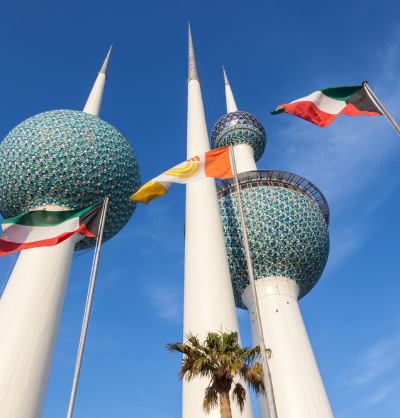Information Sheets

The Sultanate of Oman is situated on the southeastern coast of the Arabian Peninsula in a strategically important position at the mouth of the Arab Gulf. The country shares land borders with the United Arab Emirates to the northwest, Saudi Arabia to the west, and Yemen to the southwest. The coast is formed by the Arabian Sea on the southeast and the Gulf of Oman on the northeast. The Madha and Musandam exclaves are surrounded by the UAE on their land borders, with the Strait of Hormuz (which it shares with Iran) and Gulf of Oman forming Musandam’s coastal boundaries. Oman is the only country in the Arab world where the majority of the population follows the Ibadi school of Islam.
From the late 17th century to the 19th century, the Sultanate was a powerful actor, vying with Portugal and Britain for influence in the Indian Ocean. Muscat was among the most important trading ports of the region. In the 20th century, as its power declined, the Sultanate became a semi-protectorate of Britain. The country is a hereditary monarchy ruled by the Al Said dynasty. Its latest ruler, Sultan Qaboos bin Said Al Said ruled the country from 1970 to 2020, and has been replaced by his cousin Sultan Haitham bin Tariq Al-Said.
The Sultanate has modest oil and gas reserves, ranking 25th globally. Therefore, a significant portion of its economy involves tourism and trade of fish, dates, and other agricultural produce.
Oman is a member of the United Nations, the Arab League, the Gulf Cooperation Council, the Non-Aligned Movement, the Organisation of Islamic Cooperation and the World Trade Organization.
Land Size
Capital
Human Development
Index (rank)
Global Competitiveness
Index 4.0
Ease of Doin
Business
Energy Trilemma
Index
Oil Reserves
Natural Gas
Reserves
Total Population
Projection for 2050
Annual population growth
Under 14
15-24
Over 65
Median Age
Life Expectancy
0%
50%
100%
Islam
Christian
Hindu
Other
15+ Literacy rate
65+ Literacy rate
Total
Female
Male
GDP (Constant 2015 US $, World bank)
GDP per capita, PPP (const. 2017 int. $, IMF)
GDP per capita, PPP (const. 2017 int. $)
Real GDP Growth
Total Labour Force
Total Unemployment
(SIPRI, 2020)
(OMR 10.6 bn)
(OMR 12.1 bn)
(OMR 1.5 bn)
oil revenue % of the total revenue
Goods
Services
China
Saudi
S. Korea
UAE
India
Goods
Services
UAE
EU27
India
China
Qatar
Total trade (EUR)
EU’s trading partner (rank)
EXP: Netherlands
IMP: Germany
Total trade (2021)
UK’s Trading Partner (rank)
haitham bin tariq al said , Sultan of Oman, Prime Minister and Minister of Defence from 11 January 2020, 2nd ruler since 1970
Executive – Sultan, Council of Ministers
Legislatives – bicameral Council of Oman (Majilis Oman)
Lower Chamber Directly Elected
Upper Chamber Appointed by Sultan
First Election
Next Election
November 18 (National day), independence from Portugal (1650)
1749, the ruling Al Said dynasty came to power in Oman after expelling the Persians
summer 1970, Accession of Sultan Qaboos, name changed from the Sultanate of Muscat and Oman to the Sultanate of Oman
Author: Nadia Jameel Taibah
Libraries Unlimited (2015), Edition: 1, 114 pages
Author: Rosemarie Said Zahlan
Routledge (2017), 187 pages
Author: Matteo Legrenzi
London : I.B. Tauris, 2015, 224 pages